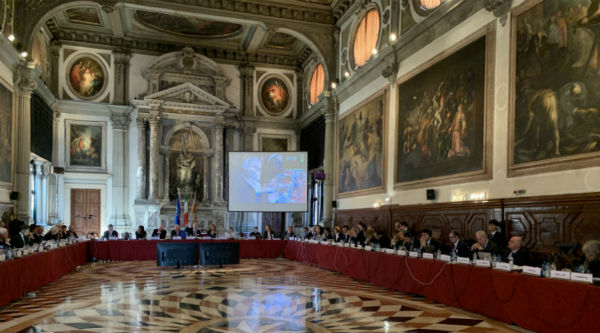The Expertise Co-ordination Mechanism (ECM), a system established under the joint European Union and Council of Europe Horizontal Facility III programme, continues to provide important legislative expertise and policy advice for the beneficiaries in the Western Balkans.
At its 143rd Plenary Session, held online on 13-14 June 2025, the European Commission for Democracy through Law of the Council of Europe (Venice Commission) adopted the following opinions under the ECM:
- Montenegro - Opinion on some questions relating to the procedure of early termination of the mandate of Constitutional Court judges due to age limits (CDL-AD(2025)029);
- Montenegro - Follow-up Opinion to the Opinion on the draft law on the Government (CDL-AD(2025)030);
- North Macedonia – Opinion on the draft law on the Judicial Council (CDL-AD(2025)026).
The Expertise Co-ordination Mechanism (ECM) is a tool for provision of legislative expertise and policy advice by the Council of Europe in response to specific requests. It is part of the Horizontal Facility for the Western Balkans and Türkiye, financed by European Union and Council of Europe and implemented by the Council of Europe.


